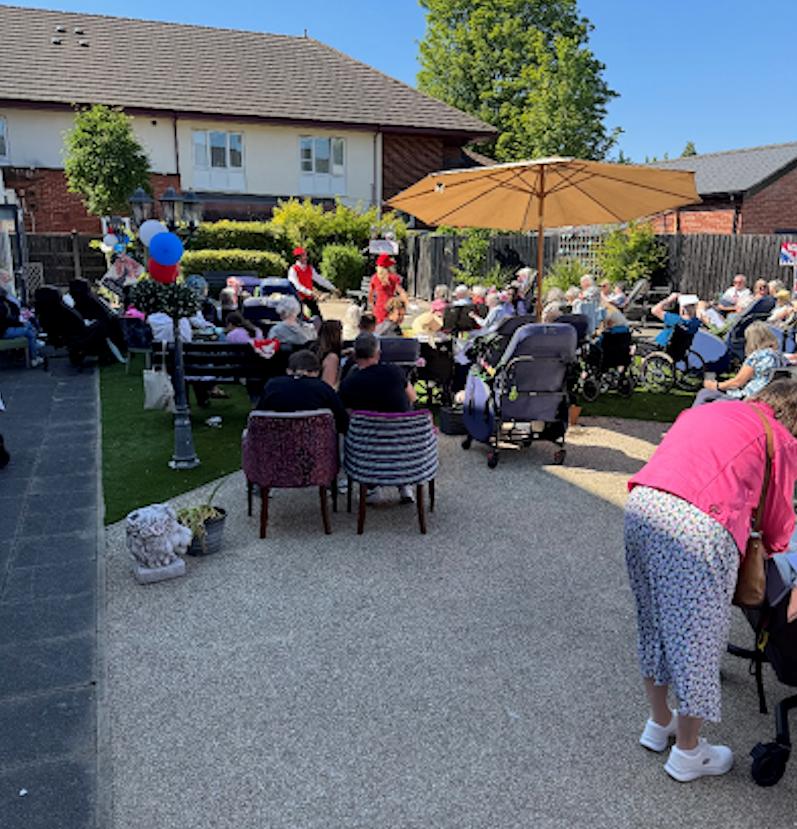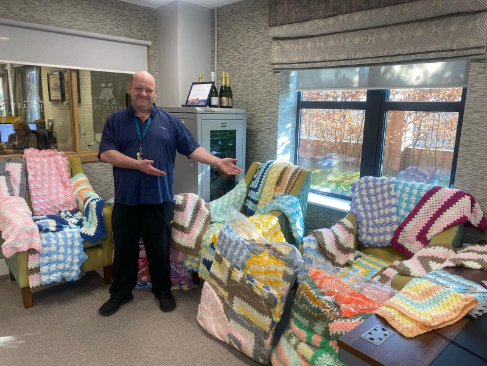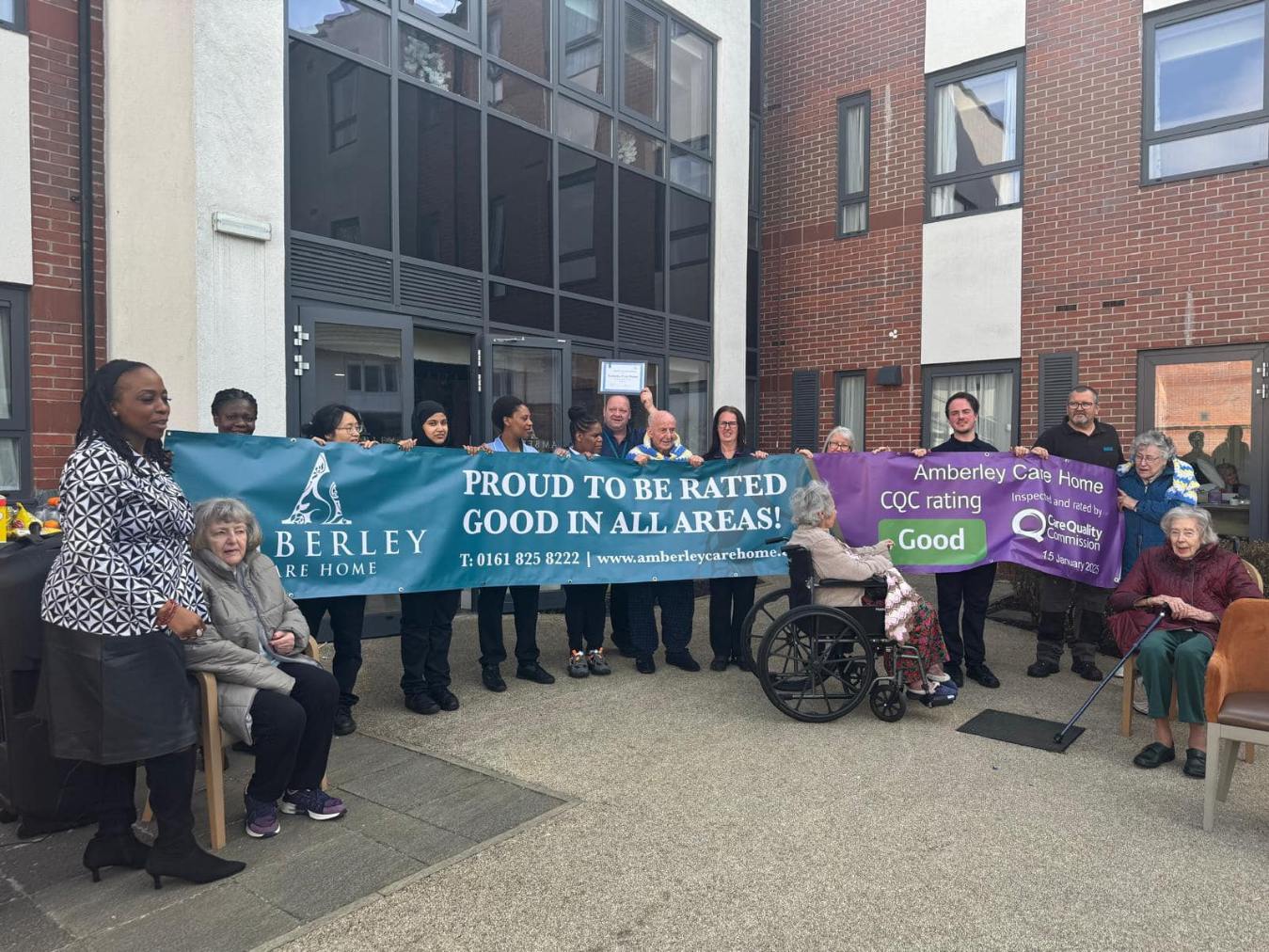When Should Someone with Dementia Move into a Care Home?
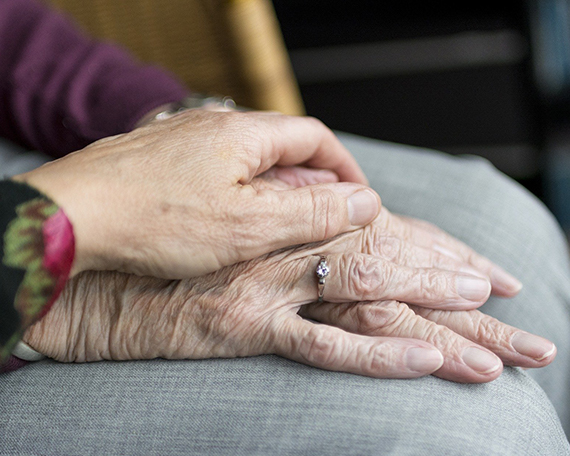
It is difficult to know when it is the right time to move a person with dementia into a care home as there are many things that will contribute to making the decision a difficult one.
Before you start, you need to know what level of dementia care an individual needs. Dementia is a progressive neurological condition that affects someone's cognitive abilities which include memory, personal care, speech and decision-making. Due to this kind of effect on someone's body, individuals can find it very difficult to complete everyday tasks and might rely on family members for additional support.
Dementia care is not only impactful on the person who has the condition, but it also has an effect on loved ones. Over time, as the condition progresses it might be in everyone's best interests to make the move into a care home.
Within this blog, we have looked into some factors that you might want to consider when it comes to dementia so you have a better understanding our why a dedicated dementia unit within a care home might be the best option for your loved one.

A Family Member Struggling To Provide Support & Care
Due to the symptoms of dementia, caring for someone who has the condition can be a full-time job which can become increasingly difficult and can have an impact on the caregiver's mental and physical health. Burnout, exhaustion and stress often arise and this could prevent you from providing the support you want to give.
When living in a residential care home, a resident has access to 24-hour care from a team of dedicated care providers that have received specialist dementia care training. This kind of support will allow family members to enjoy visiting their loved ones and spending time with them instead of dealing with the hardships of providing care.
When A Safe Environment Can No longer Be Provided
One of the biggest factors when deciding if a person with dementia should go into a care home is if they can cause major harm to themselves or others. Because of the progression of the condition and the effects it has on someone's mental capacity over time as a person can become disorientated, forgetful and agitated. When living in your own home when you have dementia, an individual can potentially be at risk of safety incidents like leaving the oven on or leaving the home and getting lost trying to return.
It’s important that your loved one is in a safe environment. Dedicated dementia units will have staff on hand all day to ensure residents are safe but also where they can continue to live an independent lifestyle.
Finances & Dementia
The cost of living is affecting many people across the UK and a person with dementia might find it difficult to understand the increases in costs leaving them feeling worried about their financial situation.
When you live in a care home or a nursing home, you can continue to live life as you wish and where all household finances such as heating, electricity, food and maintenance are covered. You don't have to worry about how much a bill will be at the end of the month as it will often be a fixed fee when living in an all-inclusive care home.
However, it is commonly known that care homes and nursing homes are expensive. If self-funding isn't an option for someone, there are several options available to help support individuals financially. This includes funding from your local authority which is based on someone's property and financial affairs following a financial assessment from social services, or NHS continuing healthcare where an assessment will be carried out by a multidisciplinary team.
Becoming Withdrawn From Others
Dementia can be an extremely lonely condition and many people can become isolated from others and therefore lack social contact. This is one of the many things that contribute to someone's decline in mental health leading to a faster-paced decline.
Being in an environment with those who specialise in dementia care can help individuals to thrive by communicating with others and participating in activities. Living in a residential setting like this helps people find joy in the everyday again which will have significant benefits. Loved ones are encouraged to visit regularly as it’s important to maintain relationships with family members for overall well-being.
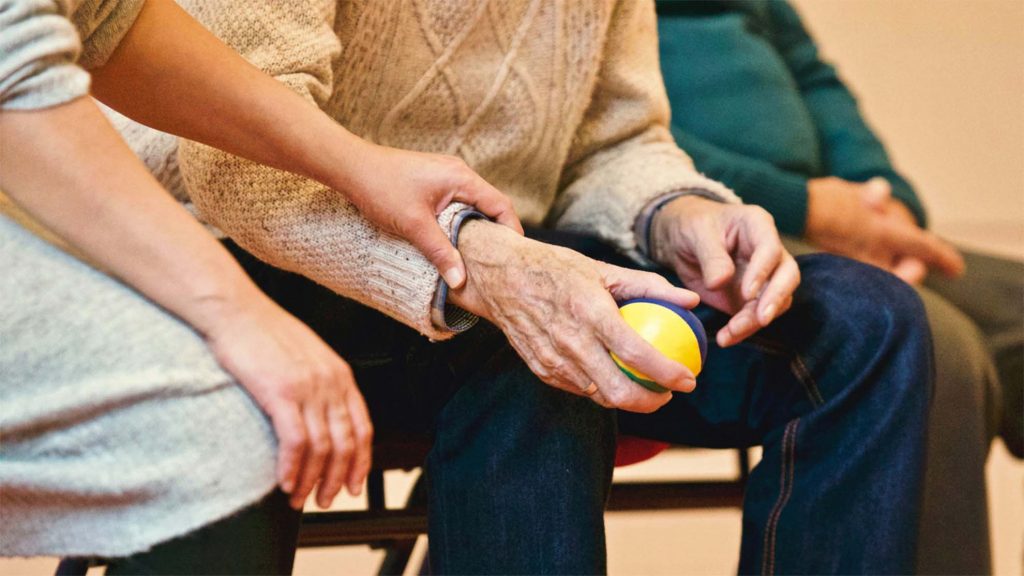


Finding A Home That Can Provide Specialist Dementia Support
A move to the right care home can be a confusing place to be, especially if it isn’t clear on what level of care a person needs, so the decision of a care home should be carefully considered and a plan of action should be made.
Not every care home is the same and each one will offer different levels of support. When looking at care homes it is essential to know what support your loved one requires and if a care home can provide adequate care for the person with dementia.
High-quality care is the first priority, but other things to consider are location, accessibility, costs and amenities that the home offers. It is important to make sure that your loved one is happy and can settle in their home.
Continuing To Live Independently
Living with dementia can feel like your independence has been stripped. It is important that a care home supports a person in their daily life but also help them to regain confidence in doing things things they enjoy in a safe environment while receiving specialist care. When searching for a care home, it is important that you involve your loved one during the decision process as much as possible so they can decide what their preferences are in a care home environment.
Communication Is Key
As dementia affects a person’s mental capacity, it is important that you explain things in similar terms so they understand what is happening as best as possible as this can reduce confusion and stress. During the early stages of the condition, the best thing to do is to acquire a welfare-lasting power of attorney so you have the legal power to make decisions on the person living with dementia's behalf.
Familiar Surrounding
Having dementia can cause disorientation and it is important to choose a location that is familiar as this will help the resident settle into their new home, preferably near to their previous residence or local town. Any care home and nursing home will provide residents with their own room and help them settle in where they can bring personal belongings such as clothes, furnishings and photos. A care home offering dementia care should provide a dementia-friendly environment; clear signs above doors, contrasting colours, natural lighting and reminiscence rooms are a few examples.
Continuity of Care
To make sure that all care needs are met, it is important for care home staff to acquire as much information as possible, such as current medication taken, medical history and even someone's daily routine.
A care home will carry out assessments beforehand to make sure that individuals' support needs are met and that they have as much information as possible about an individual. If care needs change and the person with dementia requires a higher level of care, management will revise their care plan to reflect their changing needs.
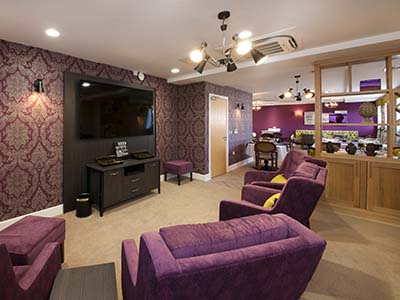
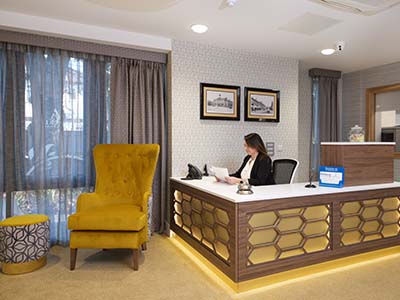
The Highest Quality of Care Designed For You
Amberley is a luxury care home based in Sale, Manchester and provides 72 residents with private accommodation. We have a dedicated team of care professionals and qualified nurses that can provide not only Dementia Care but also Residential Care, Respite, Nursing Care and Palliative Care.
Our care home's philosophy is to give our residents a fulfilling and quality lifestyle. We are able to do this through the specialist care we can provide, alongside the activities that we arrange daily for overall well-being. To accompany our care services, we have a wide range of facilities for residents to use at their leisure and we make every effort to ensure our home is safe for everyone that enters. Amberley Care Home has an open-door policy so if a resident's family member wants to spend time with their loved one they can.
We want all of our residents and their families to know that our team is here to provide 24/7 support. Our goal is for residents to flourish in their environment, that’s why we provide a high standard of personal care, medical care and a wide range of services and facilities that cater to a resident’s mental, physical and emotional needs. We want everyone to feel like a move into a care home is the best decision they have made and not an uphill battle.
Get in Touch With a Member of the Team
If you require any further information regarding our dementia care or our other care services, please don’t hesitate to contact our friendly team by calling 0161 825 8222, emailing info@amberleycarehome.com or by filling out our contact form. We forward to hearing from you.

